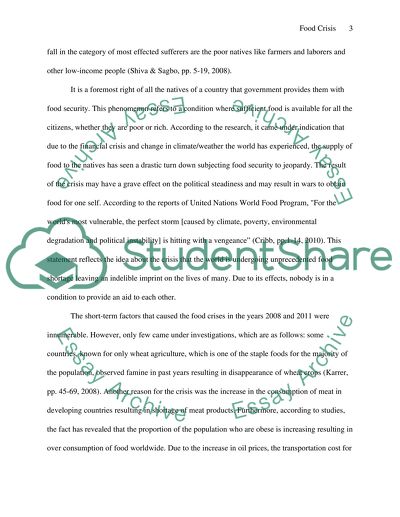Cite this document
(“The food crisis of 2008 had been threatening for a few years, mostly Essay”, n.d.)
Retrieved from https://studentshare.org/environmental-studies/1422157-the-food-crisis-of
Retrieved from https://studentshare.org/environmental-studies/1422157-the-food-crisis-of
(The Food Crisis of 2008 Had Been Threatening for a Few Years, Mostly Essay)
https://studentshare.org/environmental-studies/1422157-the-food-crisis-of.
https://studentshare.org/environmental-studies/1422157-the-food-crisis-of.
“The Food Crisis of 2008 Had Been Threatening for a Few Years, Mostly Essay”, n.d. https://studentshare.org/environmental-studies/1422157-the-food-crisis-of.


